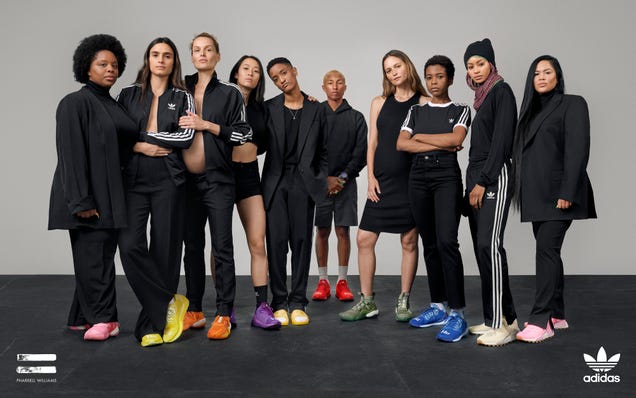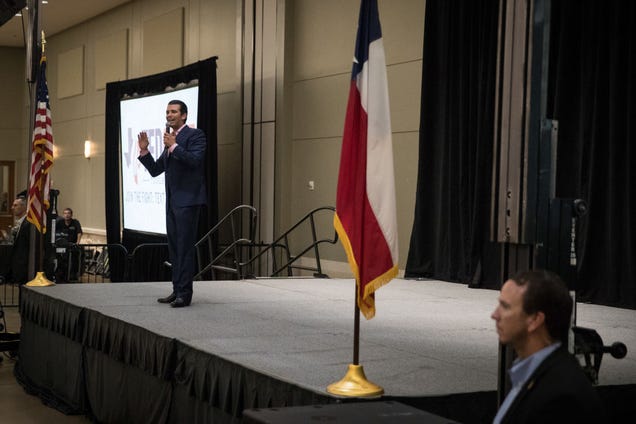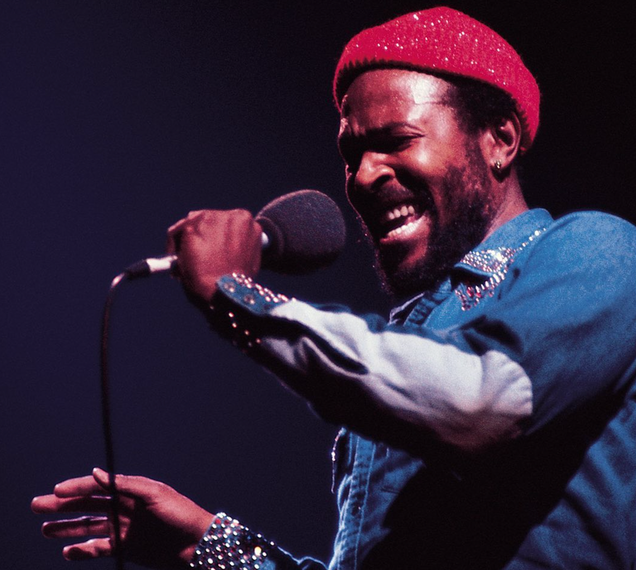In their prime, black banks across the country were a financial shelter for their customers.
Today, however, the number of black-owned banks is collapsing. That’s causing some observers to question if the banks’ days as economic engines helping
underserved and distressed urban communities overcome issues like discrimination and redlining are numbered.
The most recent figure shows there are 22 black banks in America as of the first quarter of 2019, Federal Deposit Insurance Corp. reports. That number is down from a robust 48 in 2001.
“For the first African American banks, it was not only about serving as a source of credit for businesses and consumers, but also about providing training opportunities and jobs for African Americans, supporting economic development and, importantly, pride,” stated Federal Reserve Bank of Kansas City President and CEO Esther George. “This book offers historical perspective on the role of—and the implications of the absence of—minority-owned depository institutions.”
The book covers many topics including efforts to establish African American banks before the Civil War. It details America’s first black bankers in the 1800s, their challenges, innovation, and resilience.
The book’s title is inspired by Maggie Lena Walker, the nation’s first black female bank president. She proclaimed, “Let us put our moneys together. Let us use our moneys; let us put our moneys out at usury among ourselves and reap the benefit ourselves. Let us have a bank that will take the nickels and turn them into dollars.”
The Decline in Black Banks
But times have changed as blacks no longer use the banks like they did decades ago. The number of banks ranked among the nation’s largest businesses by
Black Enterprise has shifted strikingly. The
2009 BE Banks list included 25 banks, compared to 15 on the 2019 list. Black-owned banks no longer listed include Seaway Bank and Trust Co. and Highland Community Bank both of Chicago, Legacy Bank, and North Milwaukee State Bank, both of Milwaukee.
Others not on the 2019 list: Capital City Bank & Trust Co. of Atlanta, Independence Federal Savings Bank of Washington. D.C., South Carolina Community Bank of Columbia, South Carolina, First Tuskegee Bank of Tuskegee, Alabama, and Advance Bank of Baltimore.
Over the years, some were ordered to shut down. Take Seaway Bank and Trust, once Chicago’s largest black bank. It was forced to close by regulators in 2017 after taking over Legacy Bank of Milwaukee after that bank failed as well in 2011.
The declining number of black banks was a motivation for the Let Us Put Our Money Together: The Founding of America’s First Black Bank, written by Timothy Todd, an executive writer with the Federal Reserve Bank of Kansas City.
Todd says developments in the area of black banks have been particularly disconcerting with the number of institutions declining by more than half since 2001.”When you add to this the number of households that are unbanked or underbanked, it really puts a spotlight on questions about the ability of individuals and families to borrow money on fair and appropriate terms for things like financing an education, establishing a business, or buying a home,” he said via email.
Working to Save Our Institutions
The promising news is actions are underway to aid black banks. U.S. Rep. Bobby Rush, D-Illinois, has introduced the Rescue Act for Black and Community Banks. The bill—initiated in January 2019—aims to bring regulatory relief for black banks from Congress, boost wealth-building for black consumers and businesses, and help save black banks from failing.
One group, Bank Black USA, launched a movement requesting that Americans deposit $500 million into black-owned banks by Martin Luther King Jr. Day 2018. Some $50 million was deposited into blank banks in a six-month period, according to the FDIC.
Support might very well be necessary as the business landscape is rugged for black-owned banks. Here’s a stunning statistic: Seven of the 10 largest black-owned banks on the 2019 BE Banks list had lower assets for 2018 than for 2017.
Still, observers say, black banks are still essential as they can serve as an alternative to high-priced options such as payday lenders and check-cashing stores blacks often rely on. And blacks are still more likely to be denied a home loan or small business loan from mainstream banks than whites.
William Michael Cunningham, an economist and banking expert, says it’s interesting that the Fed would write a book on black banks given their responsibility under federal law from over two decades ago to save minority banks in the face of the current decline.
Cunningham says Congress enacted the Financial Institutions Reform, Recovery, and Enforcement Act of 1989 (FIRREA) under Section 308. Among its goals, the law called for preserving the number of minority depository institutions and offering technical help to prevent insolvency of institutions. He said the law also was geared to promote and encourage the creation of new minority depository institutions. “An objective review of recent performance based on 308’s standards would lead to the conclusion that the Fed has failed to preserve the number of black-owned depository institutions.”
-

OneUnited Bank’s Lady Liberty Visa Debit Card (Image: OneUnited)
Furthermore, Cunningham contends black-owned banks today are too small and weak to make a measurable difference in the black community. He claims Boston-based OneUnited Bank, No. 1 on the BE Banks list with assets of around $656 million, is much smaller than banks serving other racial groups. He pointed to Asian-owned East-West Bank based in Pasadena, California, with assets of nearly $40 billion as an example. And, of course, America’s largest bank, New York-based JPMorgan Chase, which caters to multiple races, has assets exceeding $2.7 trillion.
Cunningham says the “black bank” simply is not in the same league.
“Banking regulators have a policy of keeping black banks small and of keeping new black entrants out,” Cunningham says “Without assets and scale, black banks are limited in the amount of lending they can do. No lending means no significant economic development. They are useless in this regard, except as window dressing.”
So who should be leading the charge to help these banks survive? Perhaps the Fed or other sources? Todd says despite efforts on multiple fronts, this is an area where meaningful progress has been hard to come by, although there have been some successes.
“I think the stories of many of the earliest bankers are inspirational and I hope others will find them to be as well,” he says. “I hope that this advances the discussion about the important role that banks play in serving their communities, which is perhaps different than how many might think about banking.”
from Black Enterprise https://ift.tt/2zypYCV
via







